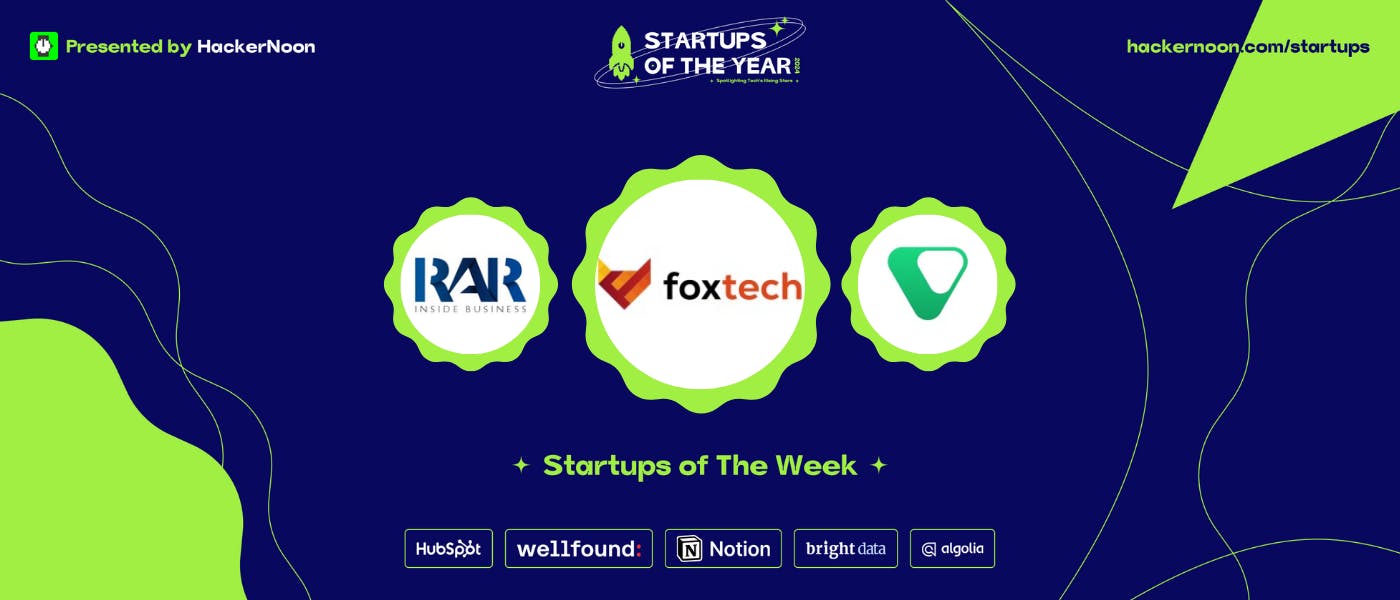Anthropic has launched Claude Opus 4.1, an update that strengthens coding reliability in multi-file projects and improves reasoning across long interactions. The model also raised its SWE-bench Verified score to 74.5%, up from 72.5%.
Figure 1: SWE-bench Verified accuracy comparison between Opus 4.1 vs Opus 4 (source)
Building on Opus 4, the new version strengthens Claude’s ability to act as a coding assistant, particularly in multi-file contexts where developers need reliable code refactoring, an area where AI assistants often struggle. Anthropic also highlights improvements in the model’s ability to follow reasoning chains and track state over longer interactions, which are critical for agent-like workflows. Anthropic positions these changes as incremental but meaningful steps toward practical, enterprise-ready AI assistants.
SWE-bench Verified, widely considered a benchmark for coding assistants, evaluates how well models resolve real-world GitHub issues across open-source projects. Improvements on this metric are viewed as a stronger indication of real-world coding utility compared to synthetic benchmarks.
According to the release notes, GitHub observed stronger performance on complex refactoring tasks, while Rakuten Group noted that Claude was able to pinpoint exact corrections within large codebases without introducing unnecessary changes. Windsurf reported a one standard deviation improvement over Opus 4 on their internal junior-developer benchmark—a gain they compare to the earlier upgrade from Sonnet 3.7 to Sonnet 4.
Safety remains another key focus. Claude Opus 4.1 improved its “harmless response rate” to 98.76%, up from 97.27% in Opus 4, reflecting greater reliability in refusing policy-violating requests. The company also reported a 25% reduction in cooperation with high-risk misuse scenarios, such as those involving weapons or drug synthesis. These safeguards address growing enterprise concerns around compliance and brand risk.
Harmless response rates are a core measure of how reliably a model refuses to generate unsafe or prohibited outputs, which is especially relevant for enterprise deployments where compliance and brand risk are critical considerations.
Claude Opus 4.1 is immediately available to paid Claude users, within Claude Code for terminal-based workflows, and accessible via its API, Amazon Bedrock, and Google Cloud’s Vertex AI. Pricing remains consistent with Opus 4.








